The ‘Reclaim the Night’ movement, that started in Kolkata but snowballed rapidly all across the world, was primarily triggered by a supposed comment casually passed on by the ex-principal of R.G.Kar Medical College, Kolkata. After the heinous rape and murder of a doctor cum PG student of the same medical college and hospital, he said that it was ‘irresponsible‘ of the victim ‘to be alone at night‘. The movement, primarily conceived by an opinion-piece published in a Bengali web portal named Robbar, was further escalated by many posts on social media.
As a result, lakhs of women occupied the streets, roads and lanes, both in the rural and urban areas, on the 14th of August after 11 at night, under the banner of ‘Rat dakhol karo’ or ‘Reclaim the Night’.
As a result, lakhs of women occupied the streets, roads and lanes, both in the rural and urban areas, on the 14th of August after 11 at night, under the banner of ‘Rat dakhol karo’ or ‘Reclaim the Night’. This was undoubtedly historically unprecedented. Housewives walked with staunch feminists. Women gig workers walked hand in hand with nurses. Teachers walked hand in hand with midday meal workers. ASHA workers walked with female doctors, trans women walked shoulder to shoulder with cis women.
The convenors of the movement gave a second call on 16th August: they proposed a Women-Trans-Queer March from College Square to R.G.Kar Medical College and Hospital on 17th August. Within 24 hours, through social media campaigning and by connecting with the district level organisers, they were able to assemble at College Square a mass of four to five thousand women, trans and queer people.
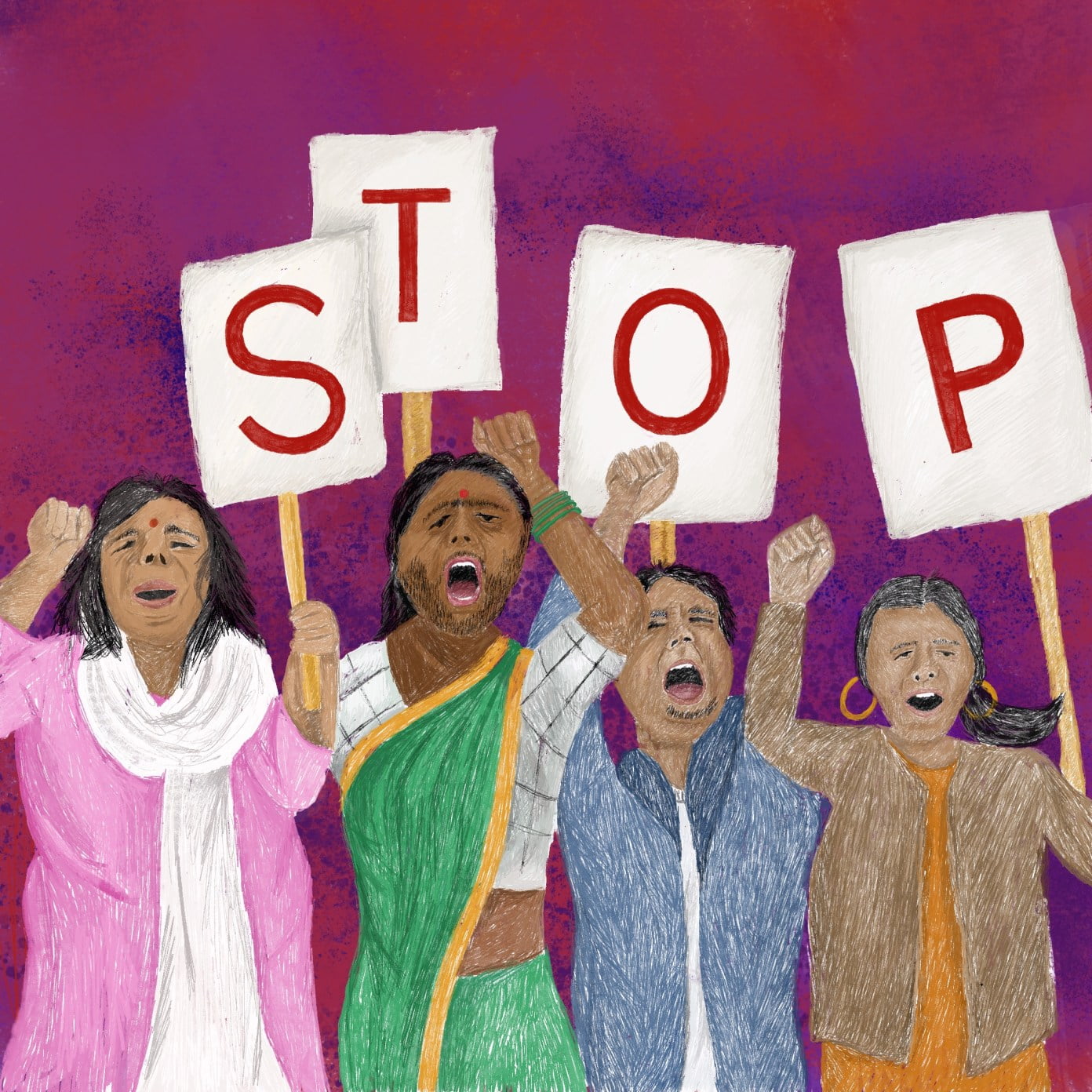
People defied the Police and RAF, who were reluctant to let them carry on the Rally, and made it to R.G.Kar Medical College finally. This proves that the spirit is still high and people are prepared to take part in a continuous gender justice movement that carries no party banner and is not designed or led by male leadership.
The present state of affairs
Having said that, the talking point now should be, whether the movement aims at reacting to one singular incident of gender injustice through marches, rallies and sit-in protests only, or does it have a greater vision? The particular case of the rape and murder was taken up by the Honourable CJI Chandrachud himself and is being investigated by the CBI. On the other hand, Alapan Bandyopadhyay, the Chief Secretary of the Chief Minister, in his statement dated 17.08.2024, expressed the government’s desire to ensure ‘women’s safety‘ through seventeen measures. A government order regarding the same was issued on the very next day.
It should also be mentioned that the chief oppositional party in West Bengal is BJP now and they are continuing the movement with a one-point agenda: the resignation of the CM. Their slogan is: Ek dafa, dabi ek/ Mukhomantri’r Padotyag’ (There is only one demand, the CM should resign.) What is the perspective of the ‘Reclaim the night’ movement about this?
The ‘Reclaim the Night’ platform staunchly believes that the BJP is ideologically more patriarchal and Manuvadi than any other party and therefore can never be an ally to any gender movement. The gender collectives of West Bengal firmly disown the BJP’s endeavour to encash on this movement for their own benefit. The BJP has a history of perpetrating rapes at Gujrat, Kathua, Unnao, Hathras; they have championed rape as a weapon to proclaim their win over the Muslim and Dalit communities. They have set the rapists of Bilkis Bano free. So BJP must be resisted from taking any advantage of the situation.
The gender collectives of West Bengal firmly disown the BJP’s endeavour to encash on this movement for their own benefit.
As of the present government, they should be considered accountable for the lack of safety that women-tran-queer people feel in general. The gender activists must address this government and all the governments to come (apart from BJP whom they never want to see as the ruling party of the state) and hold them accountable, as all of them, i.e all the parties, are equally negligent about gender-related issues.
So what Is the fight to reclaim the night all about?
While talking of the accountability of the state government, one must assess the seventeen point measures that the state government has already proposed about ‘women’s safety‘. First, the government proposed a mobile app named ‘Rater Sathi‘, which is aimed at catering to various nocturnal needs of women at work. To one’s great dismay, there is no measure to ensure the safety of trans and queer people, who have been there in this movement along with the women of West Bengal. The app is meant for women alone.
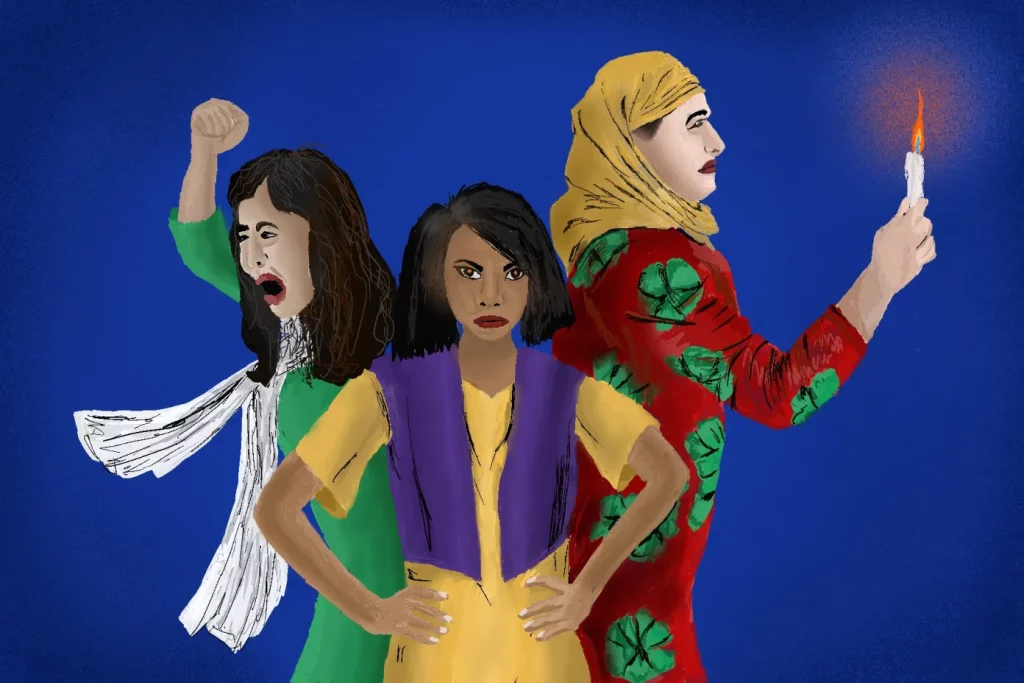
The rhetoric of the directives emphasises more on ‘protection of women‘ via CCTV, police personnel and security guards, which seem to have been sprung more out of a saviour complex and less out of a thorough understanding of gender politics. While admitting the need of the police to ensure the safety of citizens, one should also resist any kind of state surveillance at workplaces and educational campuses in the guise of security measures. Whether too much of police employment in hospitals and campuses will harm the spontaneous doctor-patient, student-teacher, inter-student relationships is also debatable. They are stressing on helplines, but there were helplines before. Still the R.G.Kar Hospital incident did happen. So this may not be enough.
By ‘safe room‘, the state government has meant a room with CCTV, where women will take rest. Is it possible to install CCTV in a women’s personal space, where she will sleep at night or take rest? Instead, CCTVs can be installed in the common areas. Moreover, there were CCTVs in R G Kar Hospital as well. We were informed via the media that in spite of CCTV being there, footage is not clear or rather tampered. Whom does one hold responsible for that? Again, the government must ensure in black and white that they would not use CCTV as an instrument of any kind of undemocratic surveillance.
Above all, in one of the government’s directives, the hospital authorities are requested to minimise night duties for female doctors. This is just the opposite of what the ‘Reclaim the Night Movement’ demanded. It demanded safety even at night. Nights should be safer, women should not be barred from going out at night. What would happen to a female patient who may need a female doctor? What would happen to the nurses?
The government has mentioned that female and male security personnels will be employed in equal numbers. What about those female security girls?
The government has mentioned that female and male security personnels will be employed in equal numbers. What about those female security girls? What about ASHA workers who have to rush at night if a pregnant woman is suffering from labour pain? It reminds one of similar incidents, such as how women’s evening schools have been shut down in UP. One can not help opposing such such patriarchal practices.
Moreover, what will happen to IT workers, call centre girls and all the girls who work at night? Even a woman who is out at night not for work purposes but for a visit to restaurants, theatres and libraries should be safe.
The seventeen point directive, therefore, seems incomplete and insincere to the women-tran-queer sisterhood. So what do they demand?
First and foremost, they want fair trial and stringent punishment of those who commited the crime and exemplary punishment for those who tried to cover it up.
Next, they want 24*7 government-run public transport so that women can travel safely. Their first demand charter includes the need for 24*7 toilets for women and trans/queer people. They are asking for public crèches for the babies of working women who do not earn much and can not hire nannies.
Apart from that, they suggest that the government should build up teams who will look into the requirements of women working in various sectors.
But, the most important demand from ‘Reclaim the Night Movement’ is that the government should arrange for a gender audit as soon as possible, as during this movement several reports that the Vishakha Guidelines, that was set to ensure the safety of working women against sexual violence, is hardly implemented. Forget about Local Complaint Committees, even there are no Internal Complaint Committees in various sectors.
In government sectors, the ICCs are there, but in a dysfunctional state. They hardly act in the victims’ favour.
In government sectors, the ICCs are there, but in a dysfunctional state. They hardly act in the victims’ favour. Often, the strongmen and strongwomen, close to the ruling party or the locally powerful party are selected as ICC members. Therefore, election, not selection, of the ICC body is demanded. The Chief Secretary seems to scarcely have a clear understanding of what the Vishakha Committee or GSCASH are.
These are the issues about which Reclaim the Night Movement looks forward to work. The Movement shares its locus standi so that sisters all over India can carry on their movement with these aims and hopes, if they wish. The women-tran-queer people of West Bengal are all ears for their suggestions as well. It is important to let the gender movement that has started rolling not fizzle out but live long.
About the author(s)
Satabdi Das is an activist, author, teacher. She is the editor of Khader Dhare Ghor (A House By The Canyon: A book on Domestic Violence), has authored Naribadi Chithi O Onyanyo (Feminist Letters and Others) and O-Nandonik Golpo-Sonkolon (The Unaesthetic Stories). Her areas of work are domestic violence, sexual violence and inequalities in school-curricullum. She can be found on Facebook and Twitter.
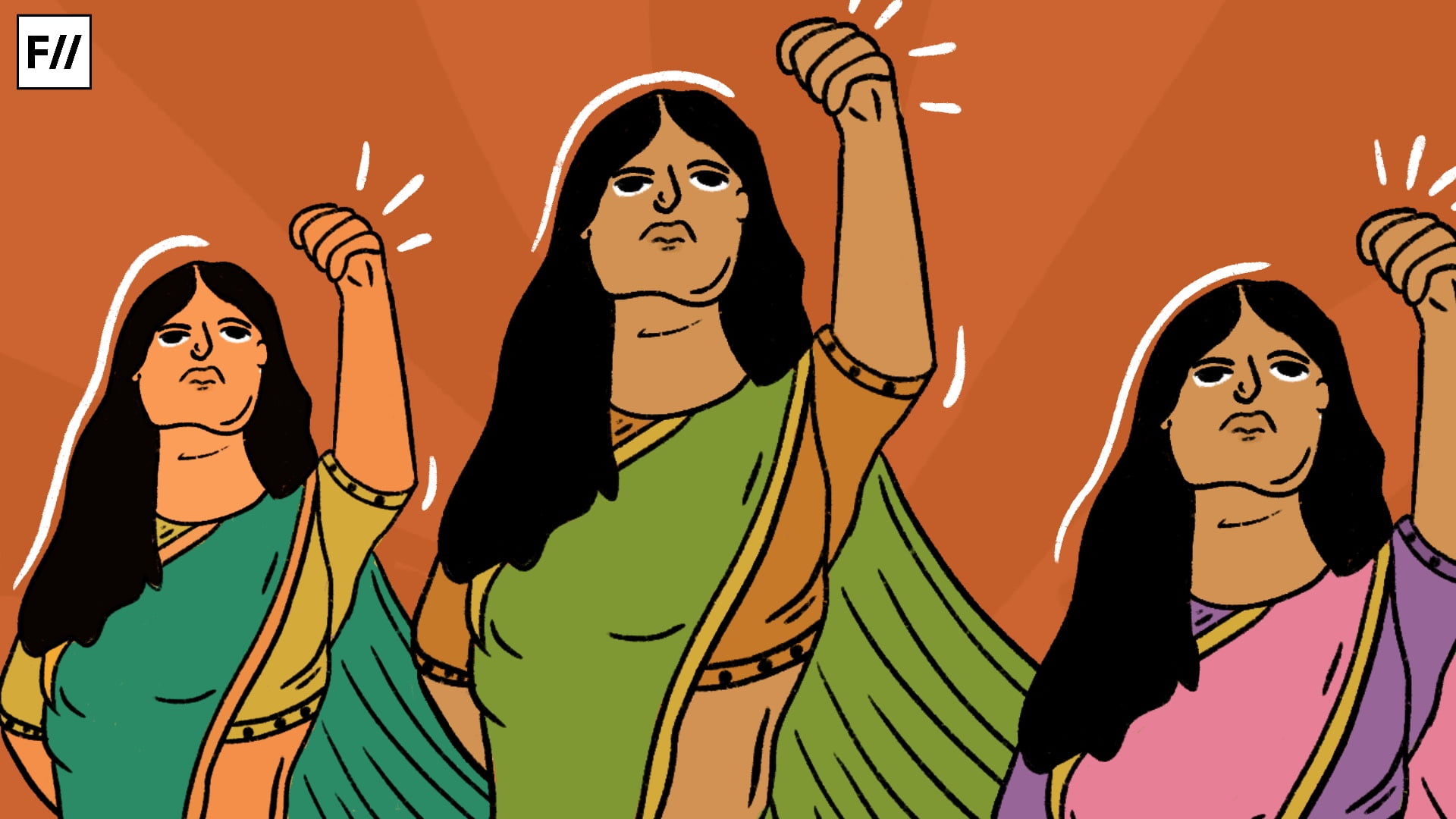
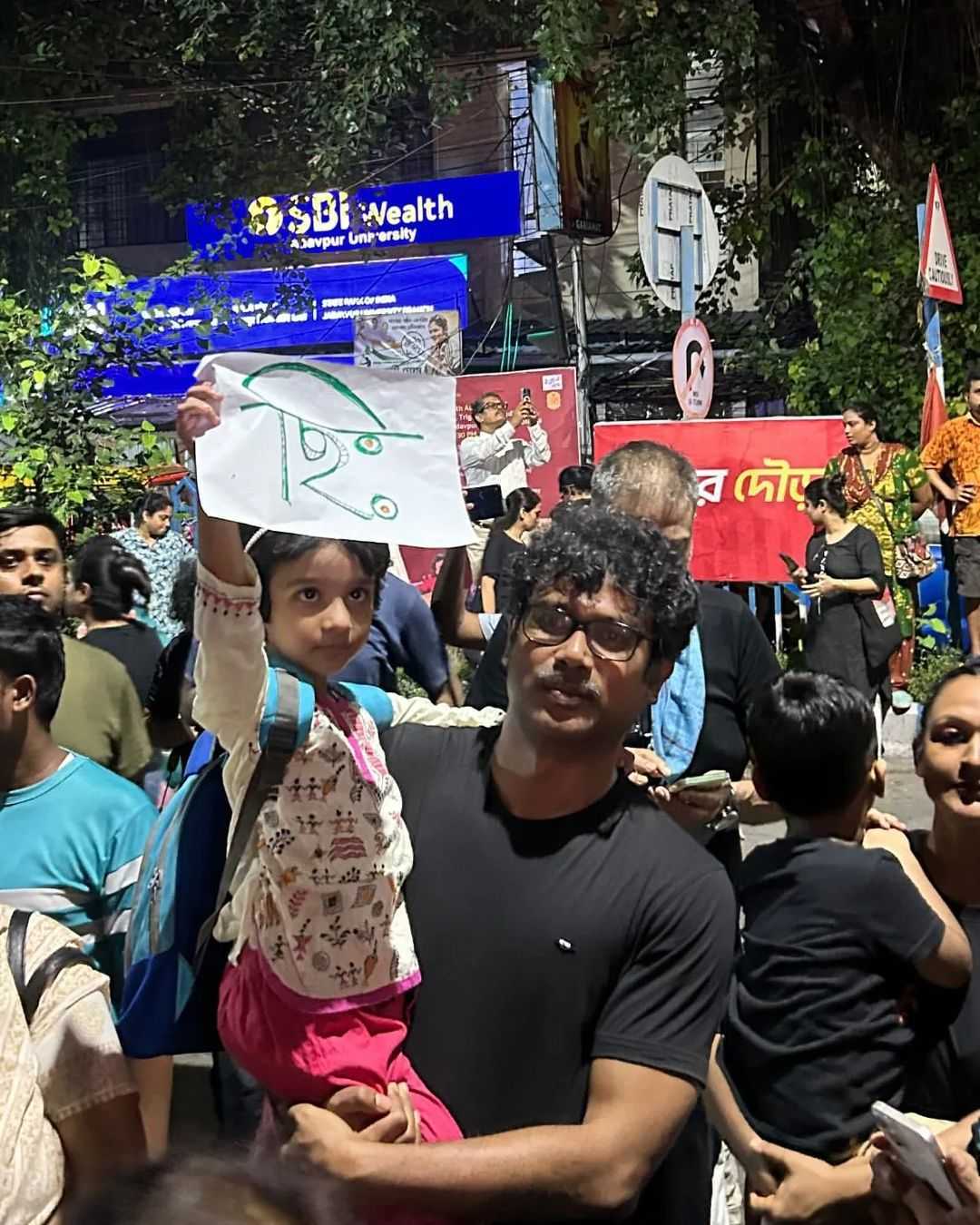
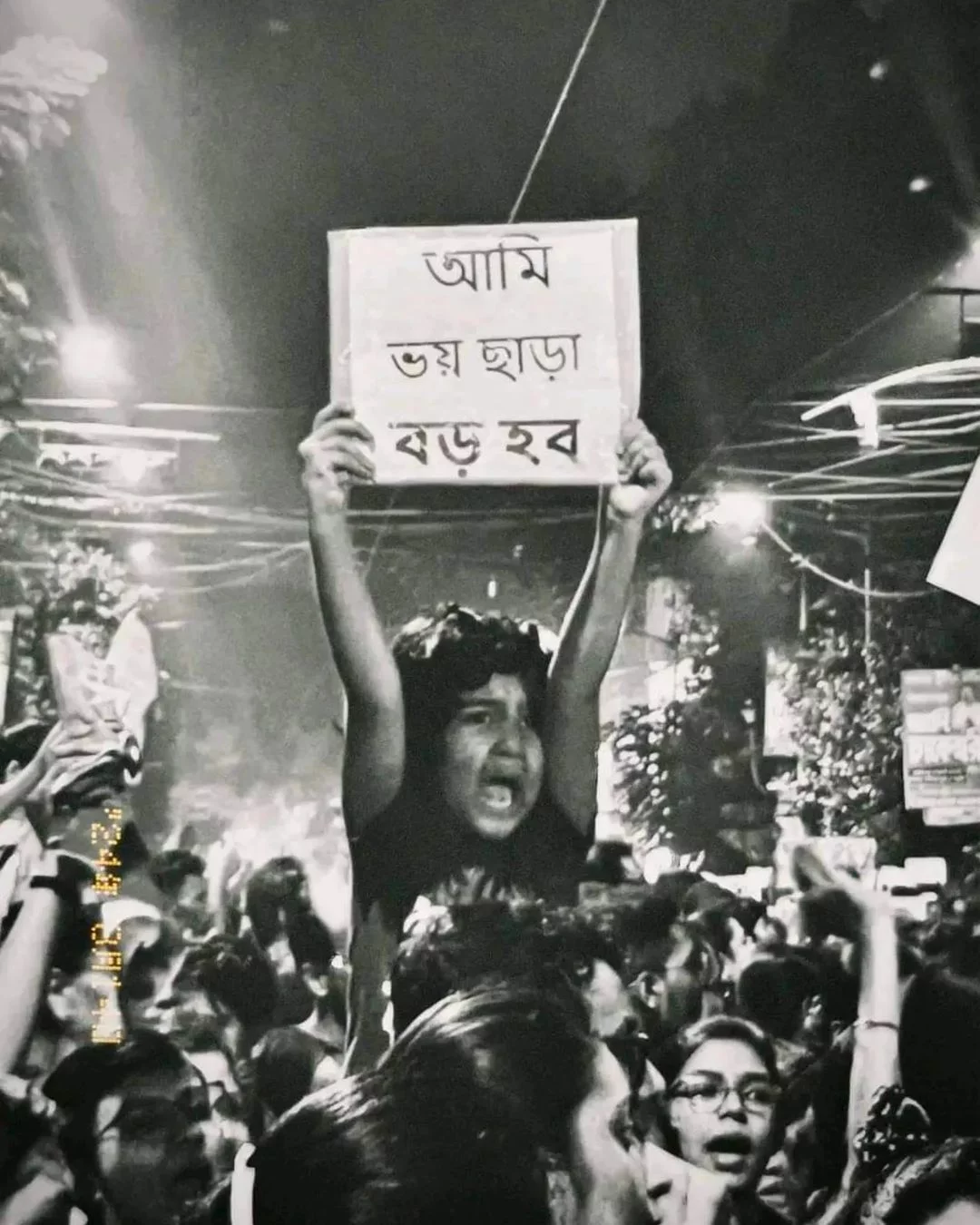

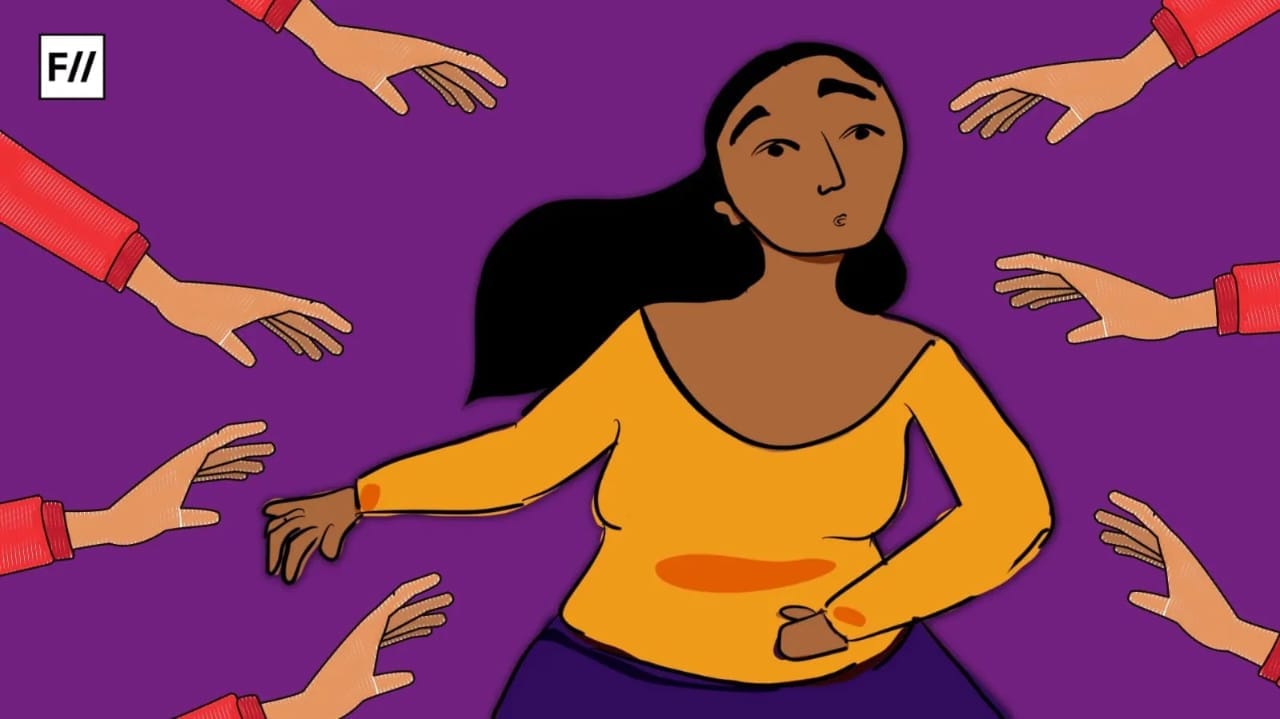


I’m delighted Reclaim The Night has arrived in India, where it is sorely needed. However please note that Reclaim the Night is a movement with its roots saltarting in the 1970’s and i attended Reclaim the Night marches in the UK in the 80s and 90s, and they went global then. Look at https://en.m.wikipedia.org/wiki/Reclaim_the_Night for a herstory